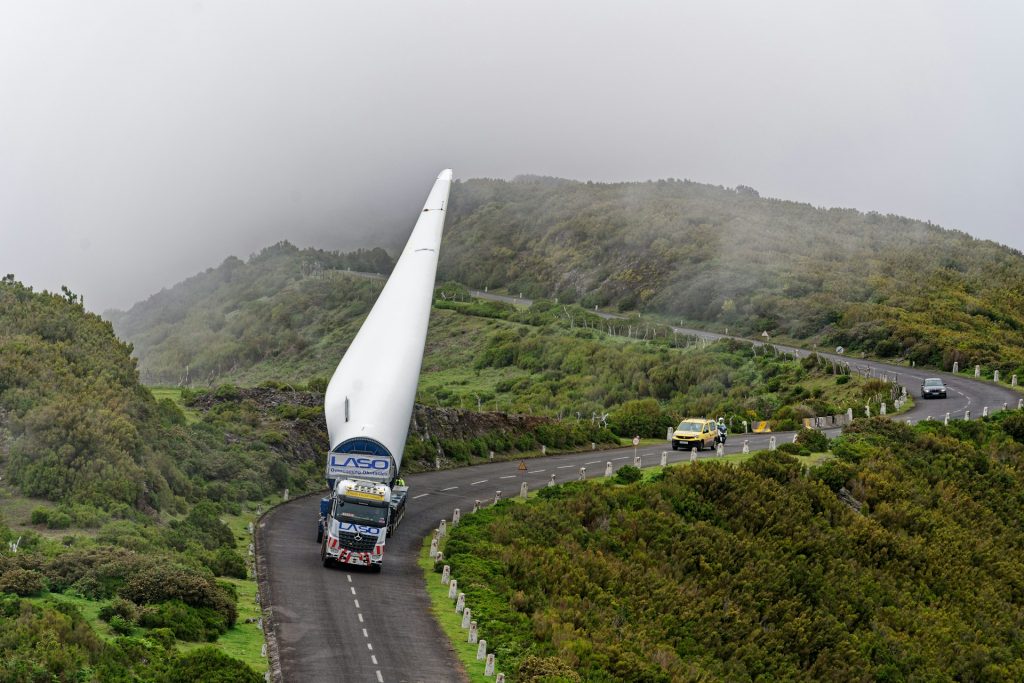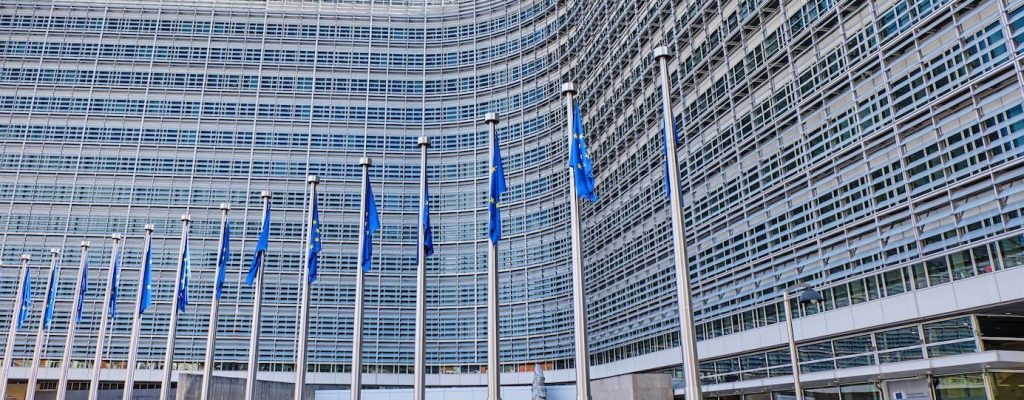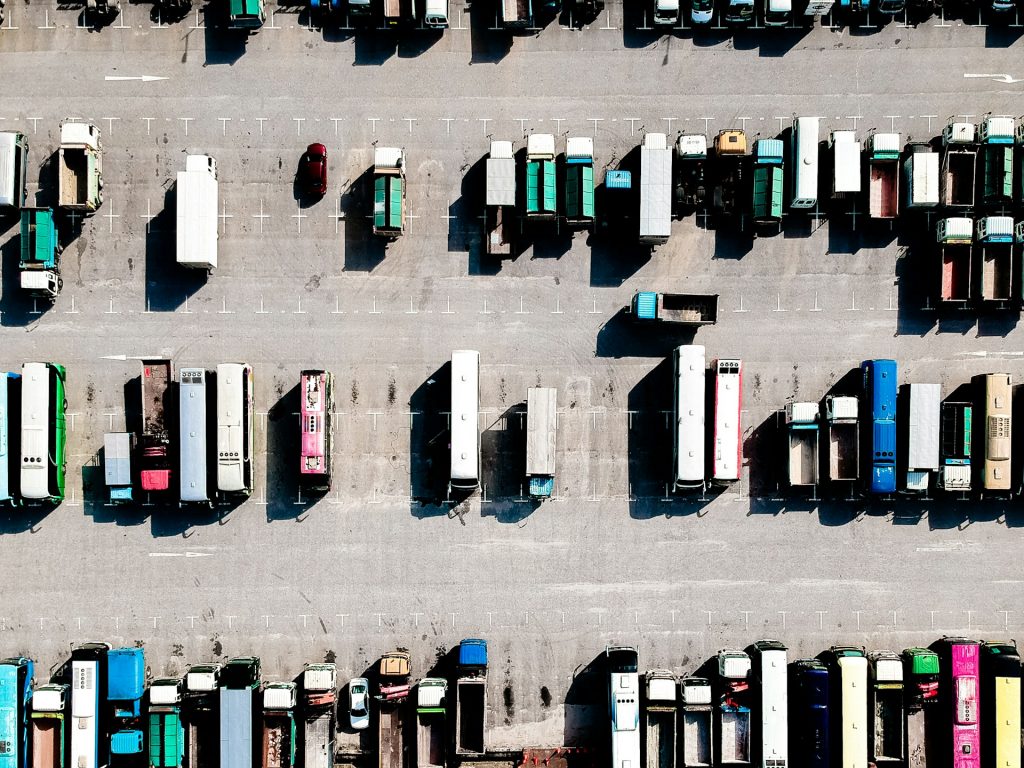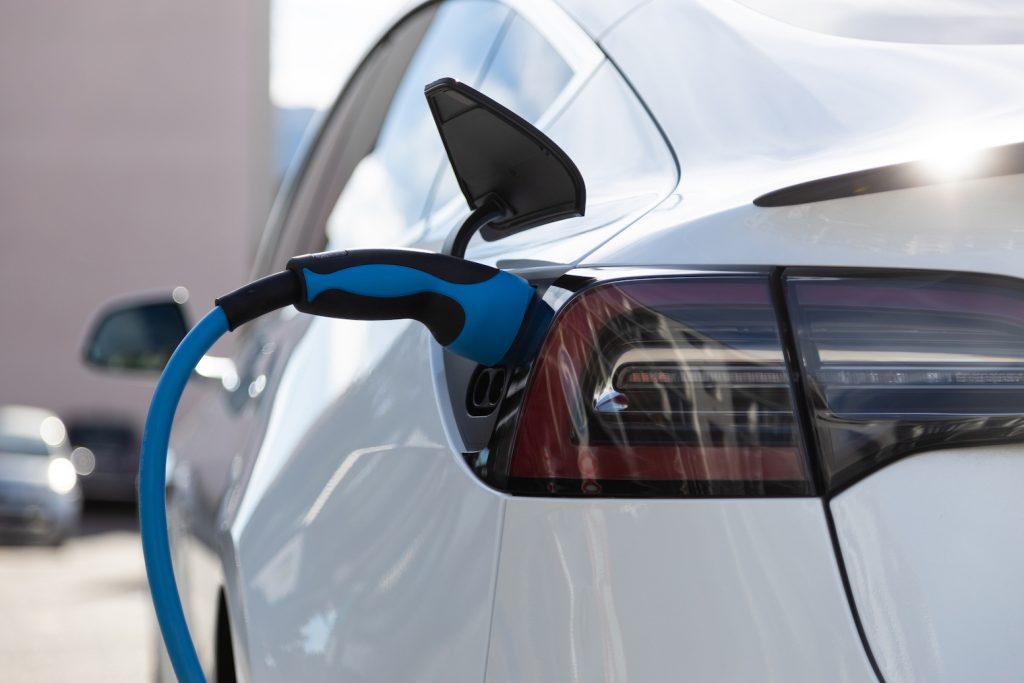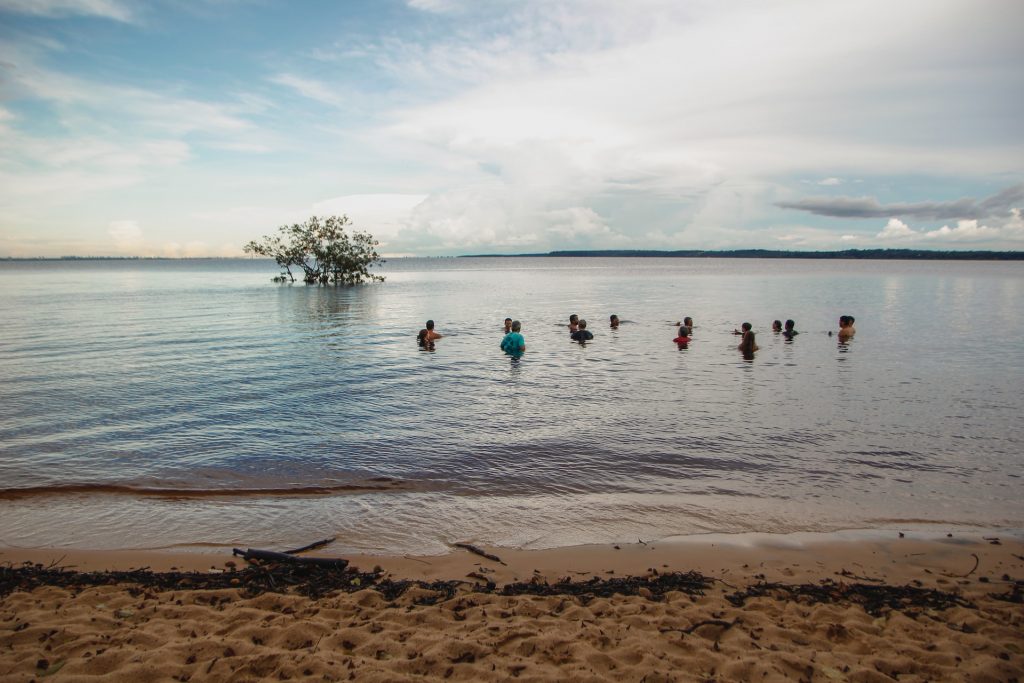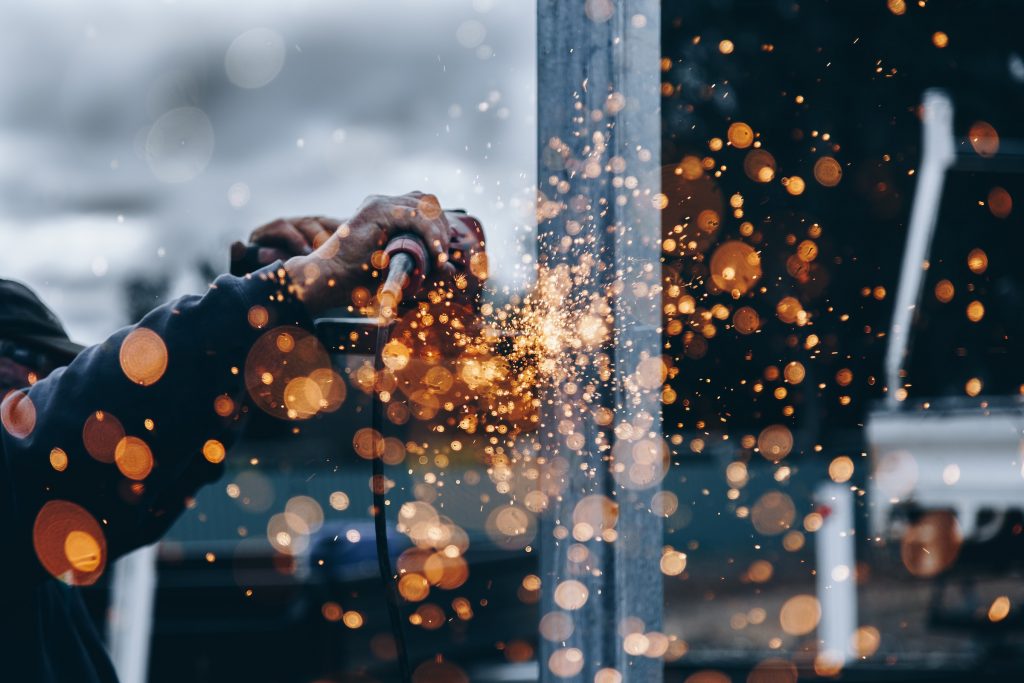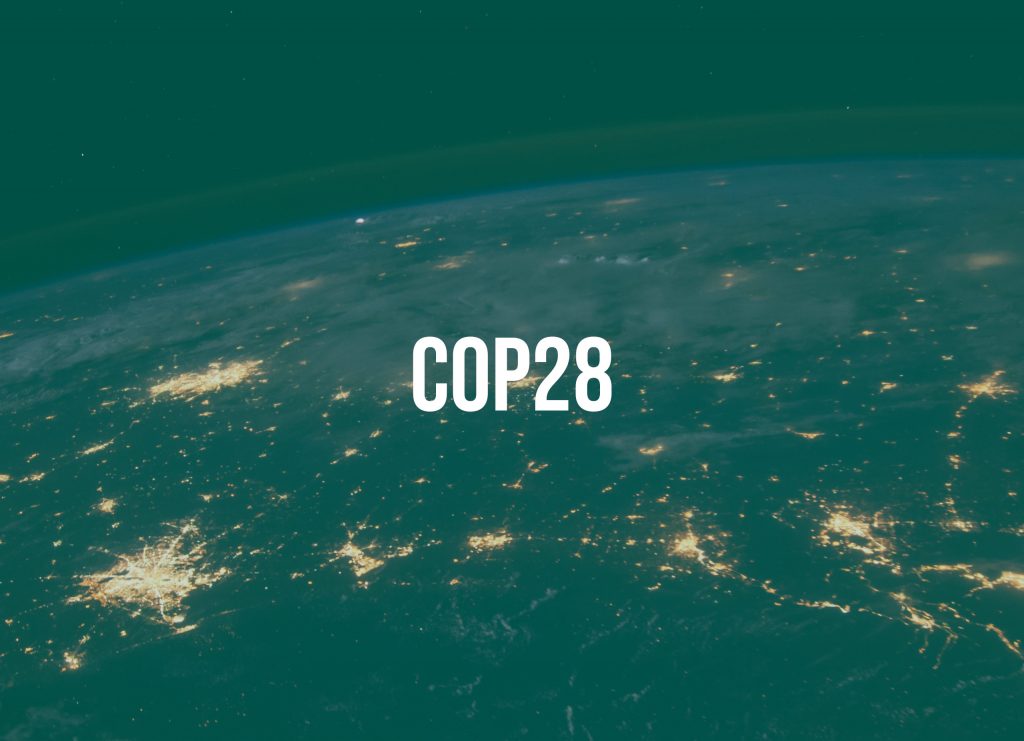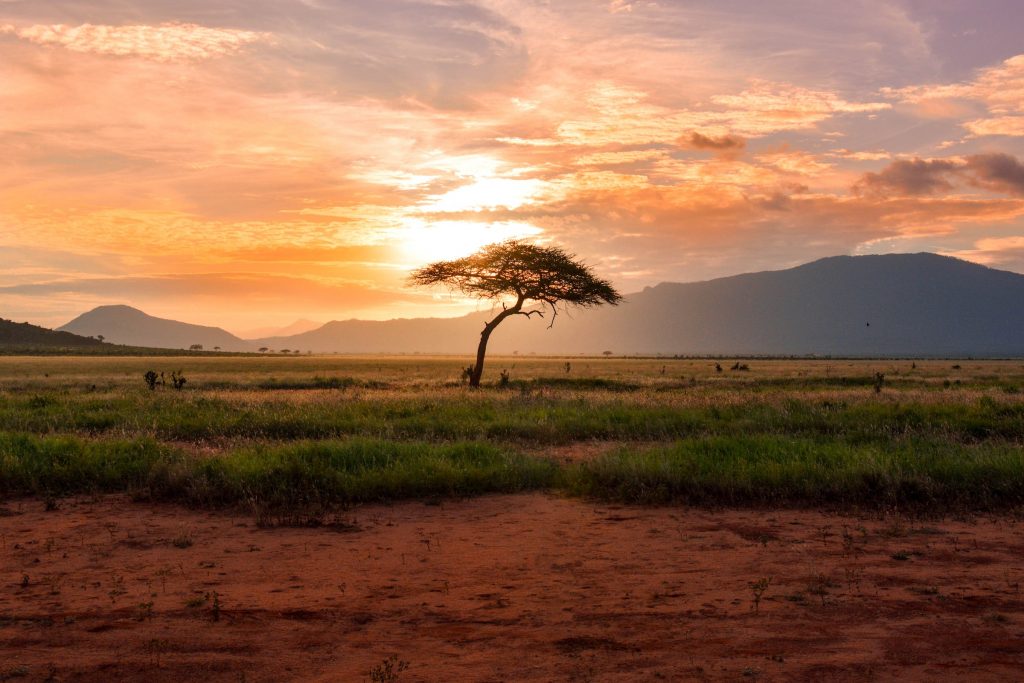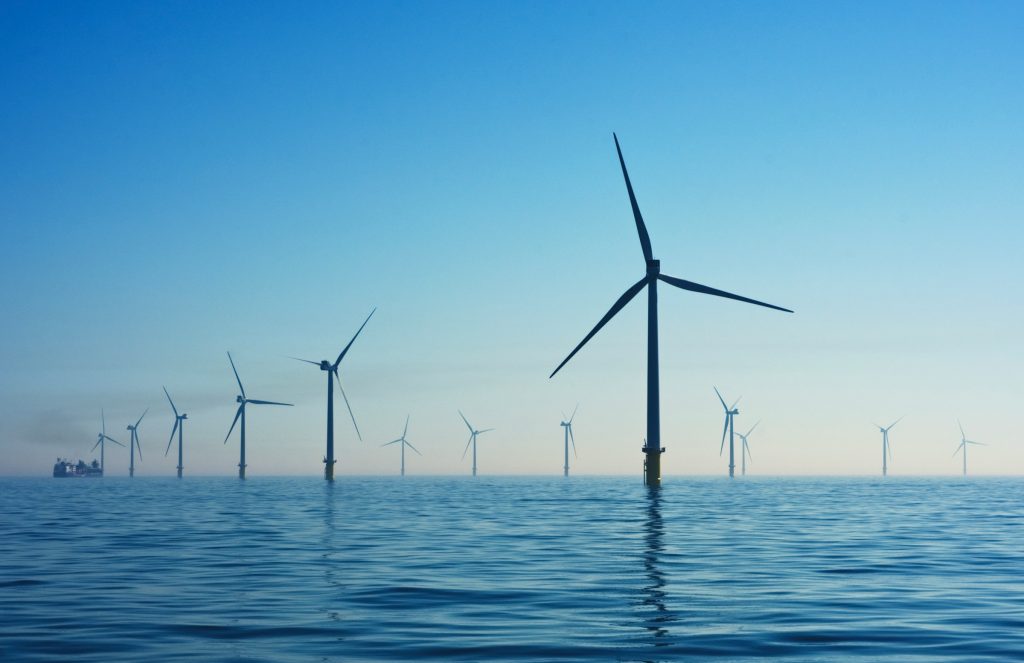
Discovering wind droughts and their impacts on energy supply
As wind energy continues along its upward trajectory, gradually becoming a crucial global energy source, identifying the regions with the greatest potential for future development is key. However, understanding wind variability and identifying areas susceptible to “wind droughts” can inform where we should develop the industry and how to make it more resilient.



